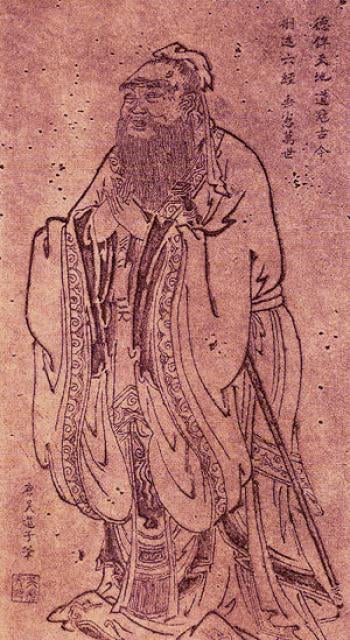Confucius, a name synonymous with ancient Chinese philosophy, remains one of the most influential thinkers not only in China but also throughout the world. Born in 551 BC during a time of social and political turmoil, Confucius developed a system of thought that sought to bring about harmony, moral integrity, and effective governance. His teachings, collectively referred to as Confucianism, have shaped the core of Chinese culture, politics, and social behavior for over two millennia. The lasting influence of Confucian ideals on Chinese society is not only evident in its historical development but continues to resonate today in modern governance, education, and interpersonal relationships.

But in order to fully comprehend his influence on Chinese society, we must delve deeply into the core tenets of Confucian philosophy, its historical context, and how it shaped an entire civilization at various levels. This influence on family structure, education, government, and the ethical system that has guided China for centuries is a key element of studying this philosophy.
The Life and Times of Confucius
Confucius, known as Kong Fuzi (Master Kong), was born as Kong Qiu (孔丘) in the state of Lu during the Spring and Autumn period of Chinese history – a time characterized by political fragmentation and social instability. His family was of modest noble standing, but they struggled economically. Despite these challenges, Confucius pursued education and gained profound insights into history, poetry, and philosophy, becoming a teacher with a mission to restore social harmony.

Portrait of Confucius by Wu Daozi, 685-758 AD, Tang Dynasty. (Public Domain)
The political disarray of his time, where local warlords fought for power while the Zhou Dynasty’s influence waned, provided fertile ground for Confucius’s ideas. He sought to offer practical solutions to these problems, primarily focusing on morality, proper conduct, and governance. Though Confucius never achieved great political success in his lifetime, his students carried forth his teachings, leading to their institutionalization during the Han Dynasty (206 BC – 220 AD).
The teachings of Confucius are primarily captured in the Analects (Lunyu), a collection of his sayings compiled by his disciples. His philosophy is rooted in the belief that personal and governmental morality are intrinsically linked, and the stability of a society depends on virtuous leadership and harmonious relationships.